Differences Between The Bavarian Brothers – G 310 R And G 310 GS

Identical twins, some might say, or are they?
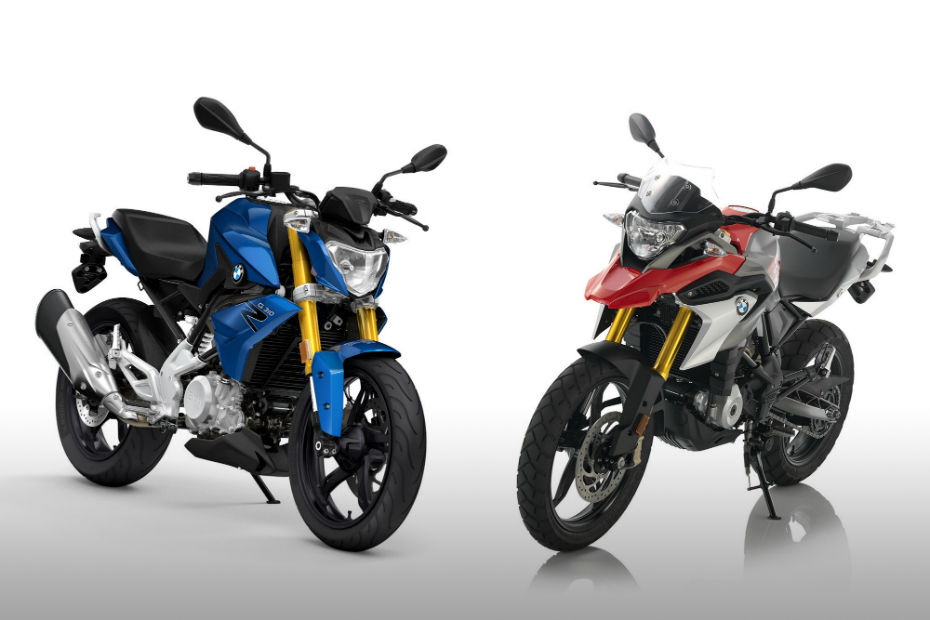
With the growing biking culture in developing countries, including our very own, customers are looking for bikes that will cater to different genres. A perfect platform for the BMW siblings to shine, if they were launched on time. The twins might be sport similar underpinnings, but they sit quite far away from each other on the biking spectrum in reality.. These sub-500cc bikes were designed to be small, light and agile, keeping the urban population in mind.
Since BMW has plans of launching these bikes sometime mid-2018, we run you through the list of differences between the two siblings.
Cosmetic differences -
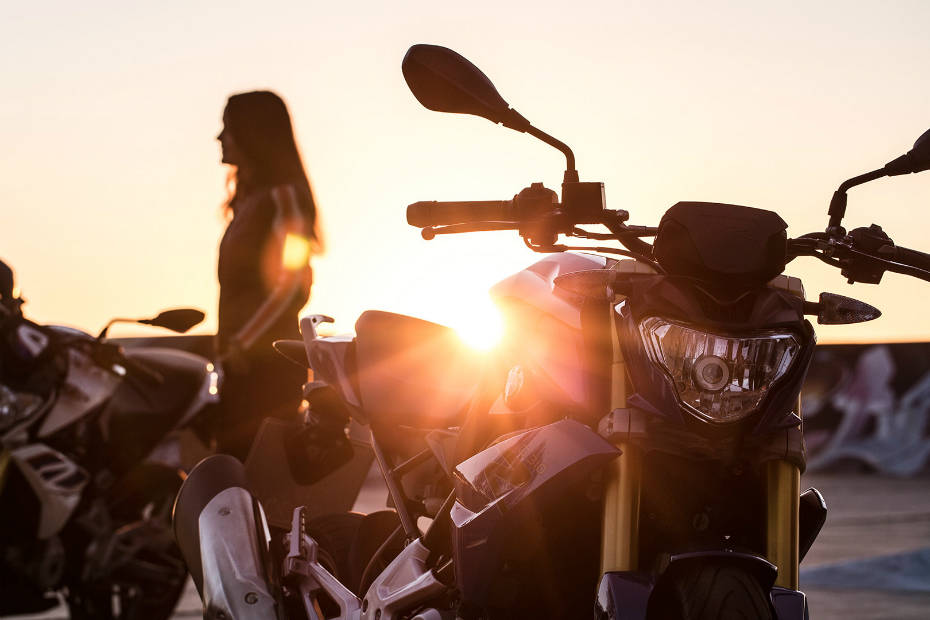
The G 310 R is the street-biased version of the two and inspired from its elder brother, the S1000 R. Its well sculpted tank along with its distinctive and angular tank shrouds are indicative of the S1000 R. It features a digital instrument console, which displays information like speedometer, tachometer, tripmeter, odometer, fuel gauge, gear indicator and service indicator.
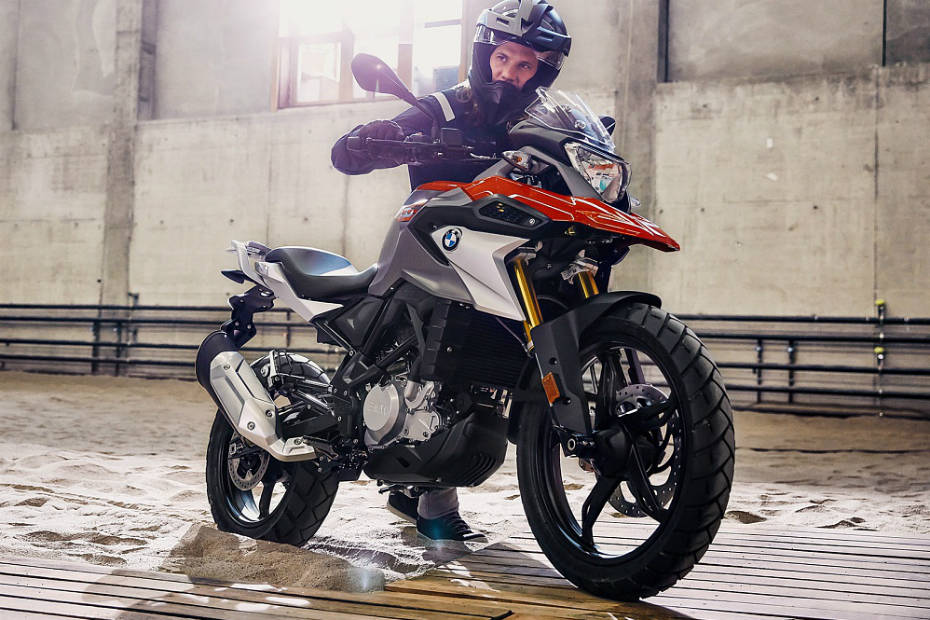
The G 310 GS is a ticket for riders pegging to explore the beaten path and thus, is designed to tackle some off-road terrain. That said, it should prove to be efficient enough to take on city and highway duties as well. Its stubby front beak, radiator shrouds, headlamp cowl, tank design and a luggage rack are reminiscent of its elder sibling, the R 1200 GS. Furthermore, the G 310 GS can be transformed into a proper off-road GS with an aftermarket kit, which we hope will be launched here as well when the bike is.
Engine -
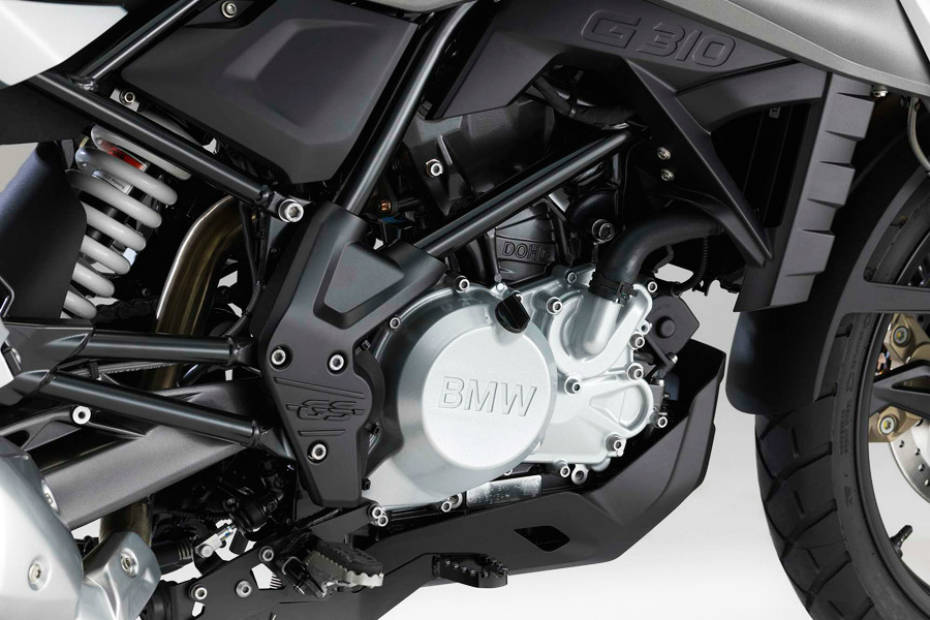
BMW’s unique backward-tilted engine is shared by both platforms. It’s a 313cc fuel-injected, liquid-cooled, single-cylinder mill which produces 35PS of power and 28Nm of peak torque. Power is transmitted to the rear wheel via a 6-speed gearbox.
We have ridden a version of this motor on the TVS Apache RR 310. It’s essentially the same engine tweaked by TVS for better top speed thanks to its taller final drive ratio with a 17-tooth front sprocket and a 42-tooth rear (16-40 setup on the BMW's). TVS has also uses a different map on the ECU for the RR 310, which gets about 200rpm extra on the limiter.
Underpinnings -
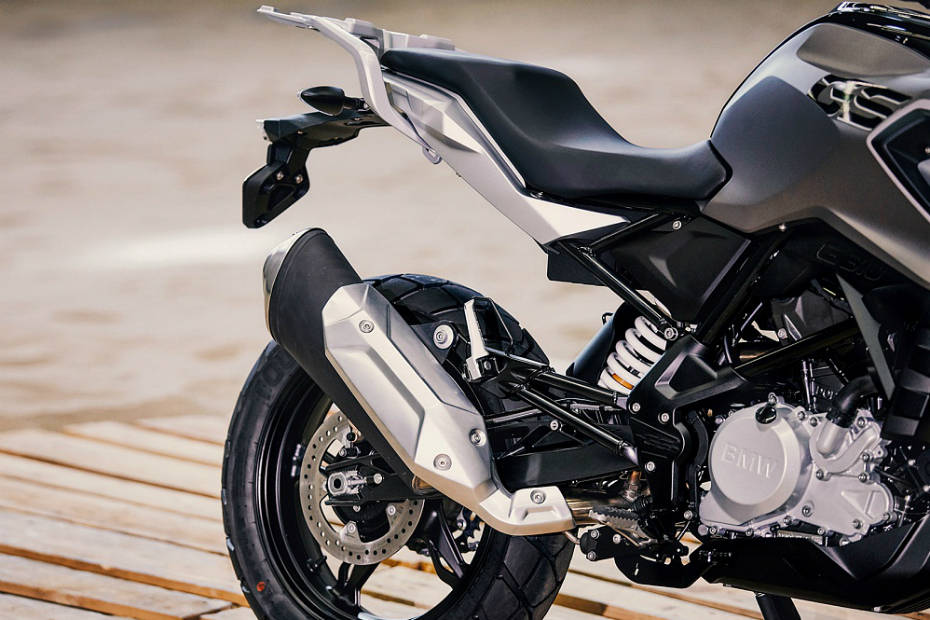
The G 310 R uses a tubeless steel frame with a bolted sub-frame as its core structure. Suspension duties are handled by 41mm upside-down forks upfront and a monoshock at the rear, with 140mm of travel at the front and 131mm at the rear. Putting the anchor down on the G 310 R is a single 300mm disc with a 4-piston caliper at the front, while the rear gets a 240mm disk, fixed to a single-piston caliper. ABS comes as standard.
Its 17-inch alloys are wrapped with Michelin tyres, measuring 110/70 at the front and 150/60 at the rear. The roadster uses an ‘O’ ring chain drive to transfer power to the rear wheel. An ‘O’ ring chain seals in lubrication and seals out dirt and debris around the pin and in between the plates.
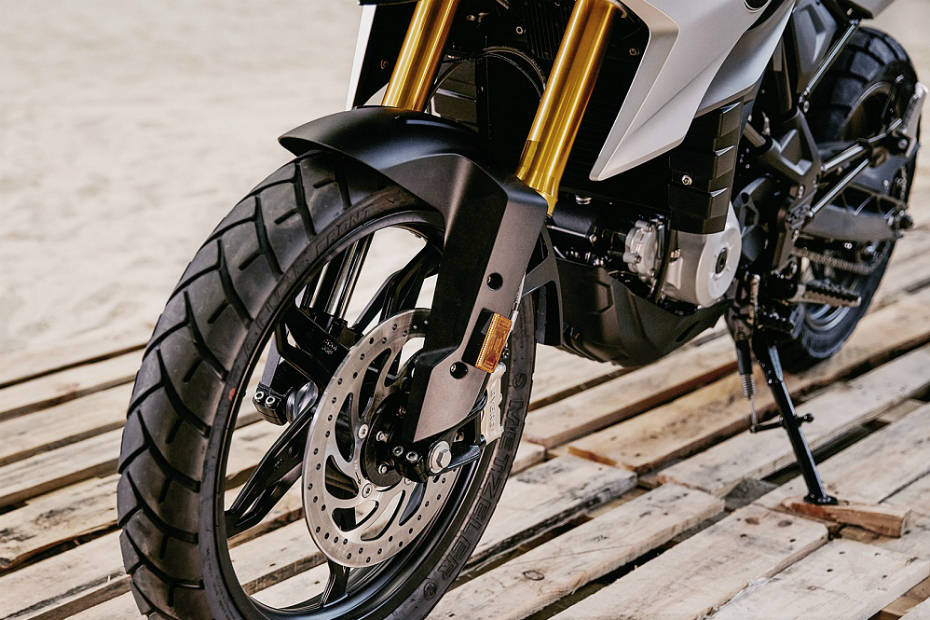
Based on the same chassis as the R, the adventure-based G 310 GS employs a long-travel suspension setup. The suspension travel has been increased by 40mm as compared to the roadster for better off-road capabilities. It uses the same braking setup as well, although ABS is switchable for the baby GS. The G 310 GS sports dual-purpose tyres with the same dimensions as the G 310 R and employs a ‘Z’ ring chain drive to transfer power to the rear wheel. A ‘Z’ ring chain provides enhanced chain flexibility and prevents the chain from twisting and sliding.
Ergonomics -
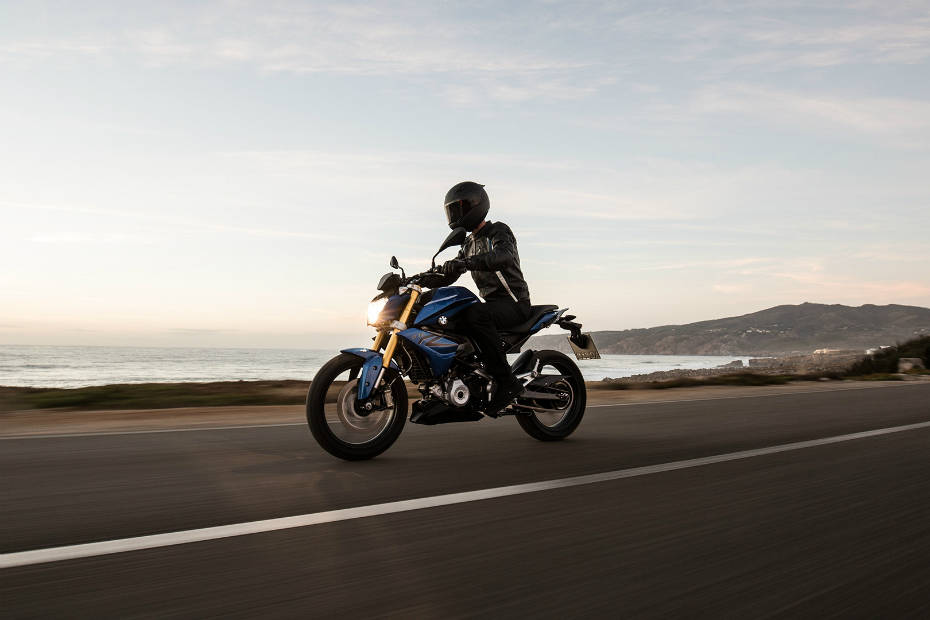
Going by the pictures and our close encounter the R at the Auto Expo 2018, the handlebar is wide and relatively flat. The footpegs are slightly rear-set, offering an engaging yet not too aggressive riding posture. This should help riders in their daily commutes and occasional weekend rides.
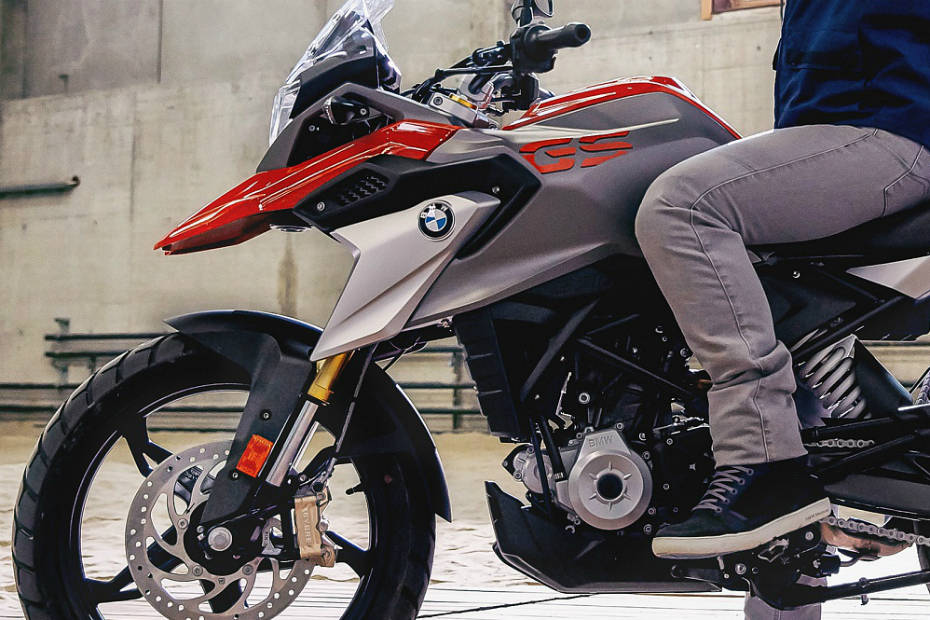
On the other hand, the baby GS has a higher-set handlebar, making for a more relaxed and upright riding posture, meant for long hauls. Its increased suspension travel also affects its seat height (820mm), which is 35mm more than that seen on G 310 R (785mm). BMW is offering two more levels of seat height adjustment internationally: 835mm and 850mm. We expect a seat height of 820mm to come as standard in India.
Dimensions -
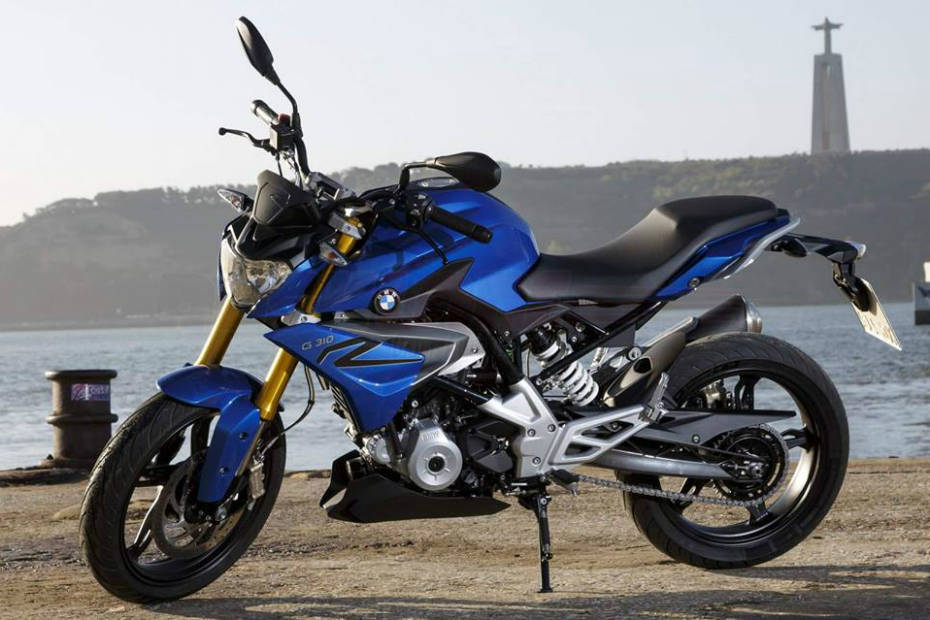
Measuring in at 2005mm x 849mm (incl. mirrors) x 1080mm (excl. mirrors) (l x w x h) the G 310 R should be manageable in city traffic and feel a lot more nimble than the GS.
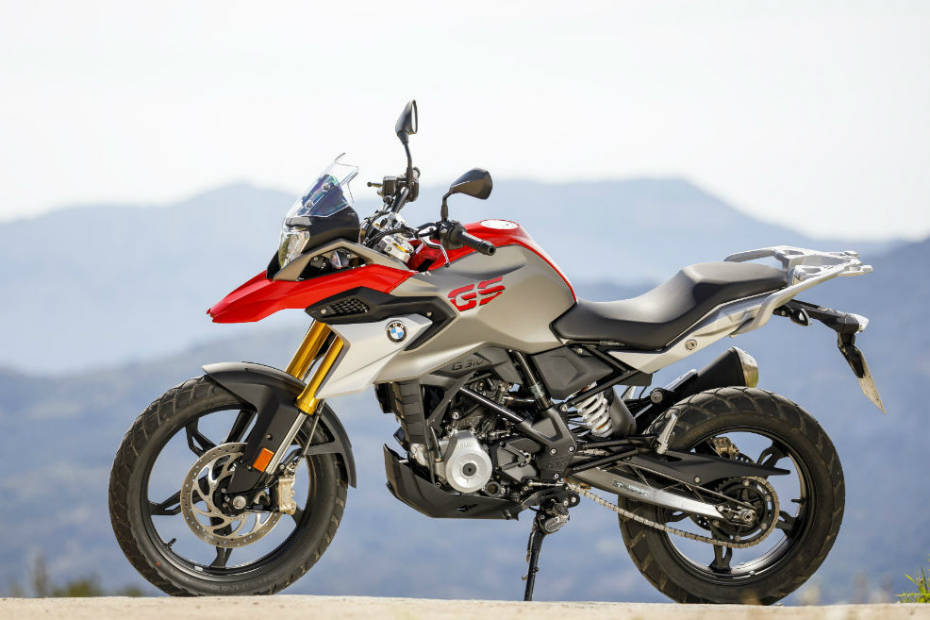
In comparison, the GS has a 70mm longer wheelbase, which aids in the stability of the bike off road and on highways. Its long-travel suspension increases the ground clearance while the flyscreen adds to the overall height (excl. mirrors 1230mm) of the bike. The increased ground clearance helps it tackle beaten paths with ease. The G310 GS with a width of 880mm (incl. mirrors) is 60mm wider than its sibling.
Verdict -
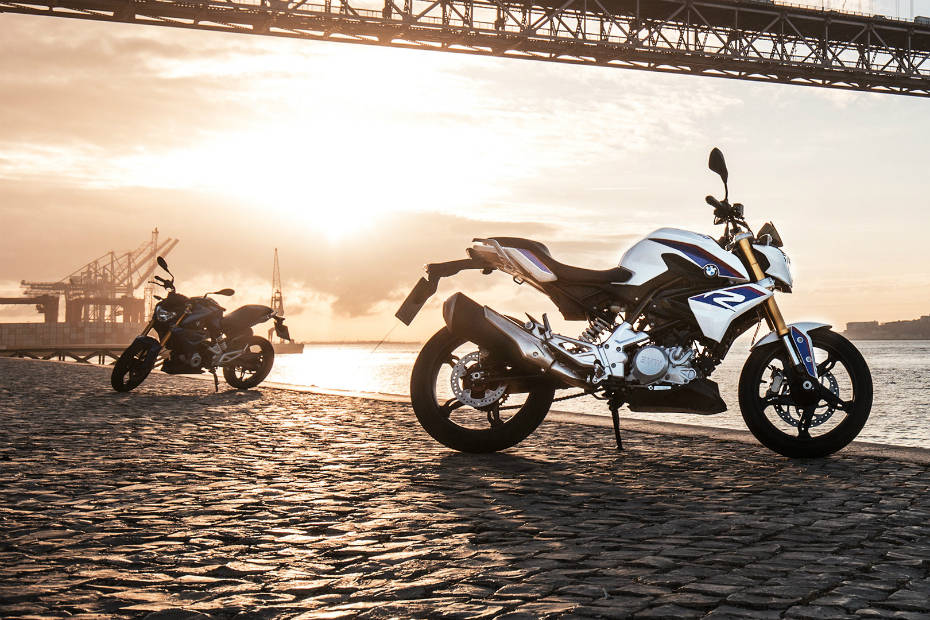
Although the launch of these bikes have been delayed, the build quality from BMW is what will set them apart from its rivals. The G 310 R and the G 310 GS will be priced at around Rs 3.5 lakhs and Rs 4 lakhs (ex-showroom) respectively, which is quite high a price you might have to shell out for quality and brand value. The roadster will go up against the likes of the KTM 390 Duke, the Bajaj Dominar 400, the Mahindra Mojo XT300 and the Kawasaki Z250. On the other hand, the G 310 GS will rival the Royal Enfield Himalayan, Kawasaki Versys X 300 and the upcoming KTM 390 Adventure.
This Story has not been edited by ABP News. It has been published through bikedekho.com feed directly.




































